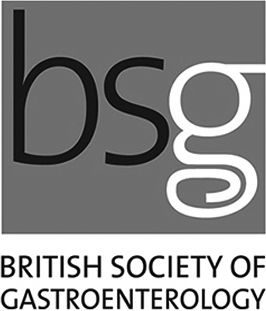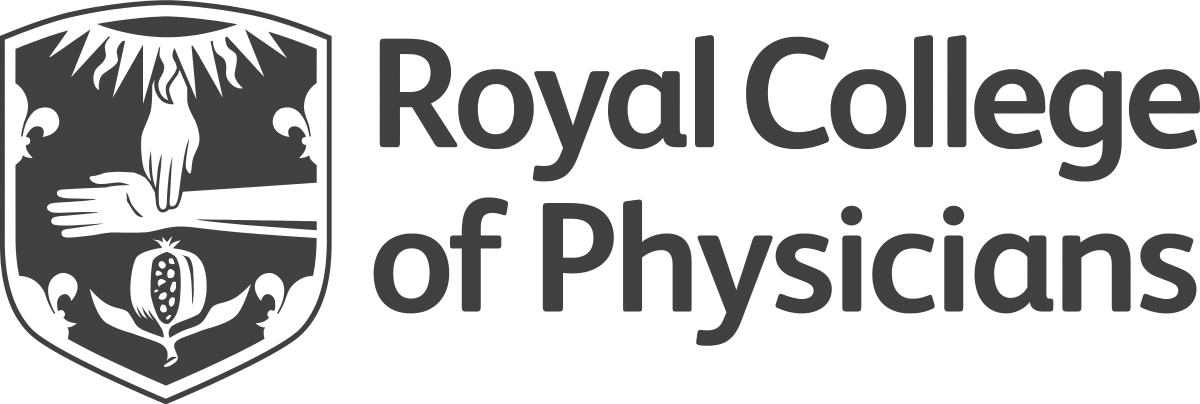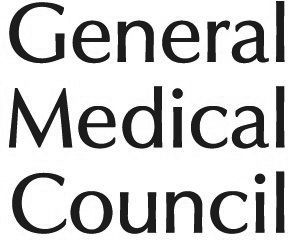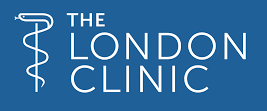Dr Farooq Rahman, Consultant Gastroenterologist
Dr Farooq Rahman
Consultant Gastroenterologist
Dr Farooq Rahman BSc(Hons) MBBS PhD FRCP
Consultant Gastroenterologist
Dr Farooq Rahman
Consultant Gastroenterologist BSc(Hons) MBBS PhD FRCP
Areas of expertise
- Colonoscopy
- Gastroenterology
- Bloating
- Colitis (ulcerative colitis)
- Gastroscopy

Recommendations for Dr Rahman
These recommendations are for information purposes only. Doctors providing recommendations do so in good faith and are not responsible for clinical outcomes.


















Recommended by:
Make an appointment
Address
-
The London Clinic
20 Devonshire Place, London, W1G 6BW
-
The Princess Grace Hospital
42–52 Nottingham Place, London, W1U 5NY
-
HCA The London Digestive Centre
41-43 Welbeck Street, London, W1G 8DU
-
London Digestive Centre
41 Welbeck Street, London, W1G 8EA
-
OneWelbeck
1 Welbeck Street, London, W1G 0AR
-
The London Clinic
116 Harley Street, London, W1G 7JL
-
University College Hospital
235 Euston Road, London, NW1 2BU
-
Telephone or video consultation
Available for patients
University College London Hospitals NHS Foundation Trust
235 Euston Road, London, Greater London, NW1 2BU
About Dr Farooq Rahman
Dr Rahman is a Consultant Gastroenterologist, qualified from the University of London. He holds a PhD in investigating the immunopathogenesis of inflammatory bowel disease. His subspecialty interests including inflammatory bowel disease, intestinal failure & clinical nutrition and therapeutic colonoscopy.
Dr Rahman currently serves at University College Hospital. He also serves as an Honorary Associate Professor at University College London. He is actively involved in undergraduate/postgraduate teaching and has multiple high impact peer-reviewed publications. He is a member of British Society of Gastroenterology, British Medical Association and fellow of Royal College of Physicians.
Areas of expertise
- Acid reflux
- Autoimmune diseases
- Bloating
- Bowel cancer screening
- Coeliac disease
- Colitis (ulcerative colitis)
- Colonoscopy
- Coloproctology
- Colorectal cancer
- Constipation
- Crohn's disease
- Diarrhoea
- Dyspepsia (indigestion)
- Endoscopy (OGD)
- Enteral feeding
- Enteroscopy
- Fatty liver disease
- Food intolerance
- Functional bowel disease
- Gallstones
- Gastric (stomach) ulcers
- Gastritis
- Gastroenterology
- Gastrointestinal bleeding
- Gastrointestinal cancer
- Gastro-oesophageal reflux disease (GORD) or reflux
- Gastroparesis
- Gastroscopy
- Heart burn
- Hepatology
- Hiatus hernia
- Inflammatory bowel diseases (IBD)
- Intestinal failure
- Iron deficiency anaemia
- Irritable bowel syndrome (IBS)
- Liver function tests
- Nausea and vomiting
- Oesophagitis
- Parenteral nutrition
- Percutaneous endoscopic gastrostomy (PEG)
- Polypectomy
- Rectal bleeding
- Short bowel syndrome
- Sigmoidoscopy
- Stomach / abdominal pain
- Swollen stomach
- Upper gastrointestinal conditions (oesophagus & stomach)
Frequently asked questions
What are the common symptoms that your patients tend to present with?
I am a general gastroenterologist as well as subspecialist in inflammatory bowel disease and clinical nutrition/intestinal failure. I regularly see patients with a range of troublesome upper and lower GI symptoms including abdominal pain, constipation, diarrhoea, bloating, indigestion, acid reflux, rectal bleeding and weight loss, amongst others.
What are the treatments that you're able to offer your patients?
I regularly see patients with Crohn's disease and ulcerative colitis and run a busy tertiary NHS practice which I also offer in the private sector. I'm also fully accredited therapeutic endoscopist and regularly undertake both gastroscopy and colonoscopy (and polypectomy).
What are your areas of sub-specialist interest?
My main subspecialty interests are inflammatory bowel disease and clinical nutrition/intestinal failure. I undertook my PhD investigating the immunopathogenesis of inflammatory bowel disease and remain actively involved in clinical research.
My other clinical interests include endoscopy, irritable bowel syndrome, small intestinal bacterial overgrowth, coeliac disease, and pelvic radiation disease.
Professional memberships














































